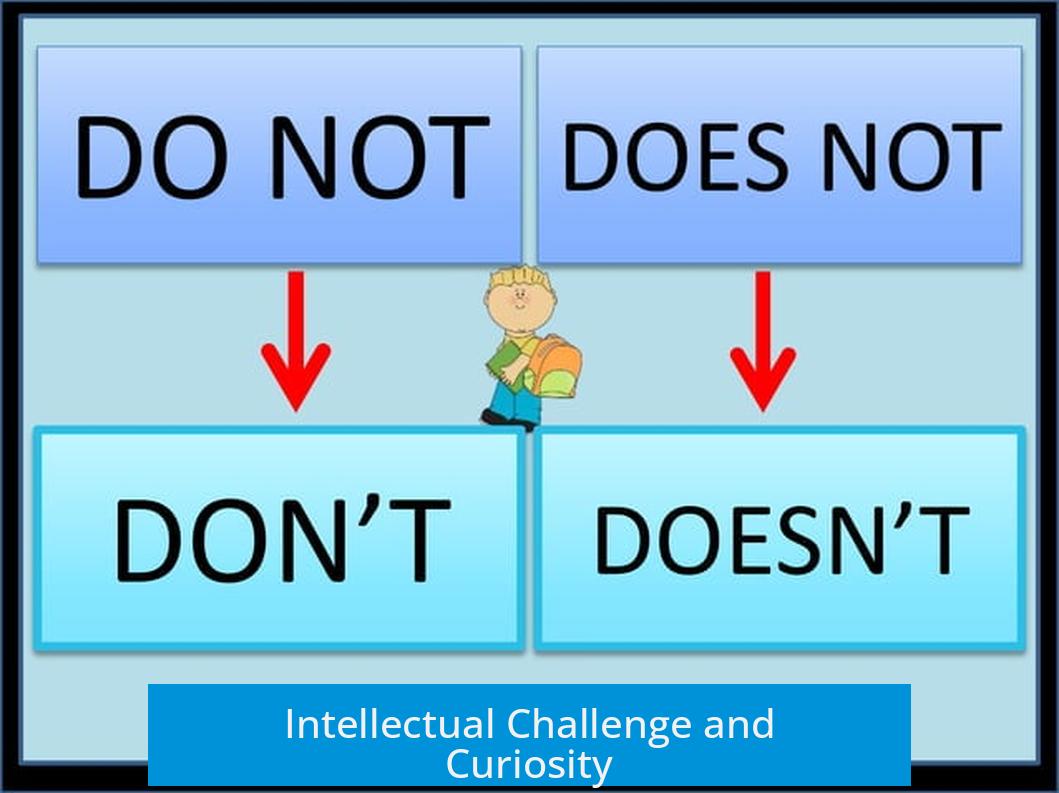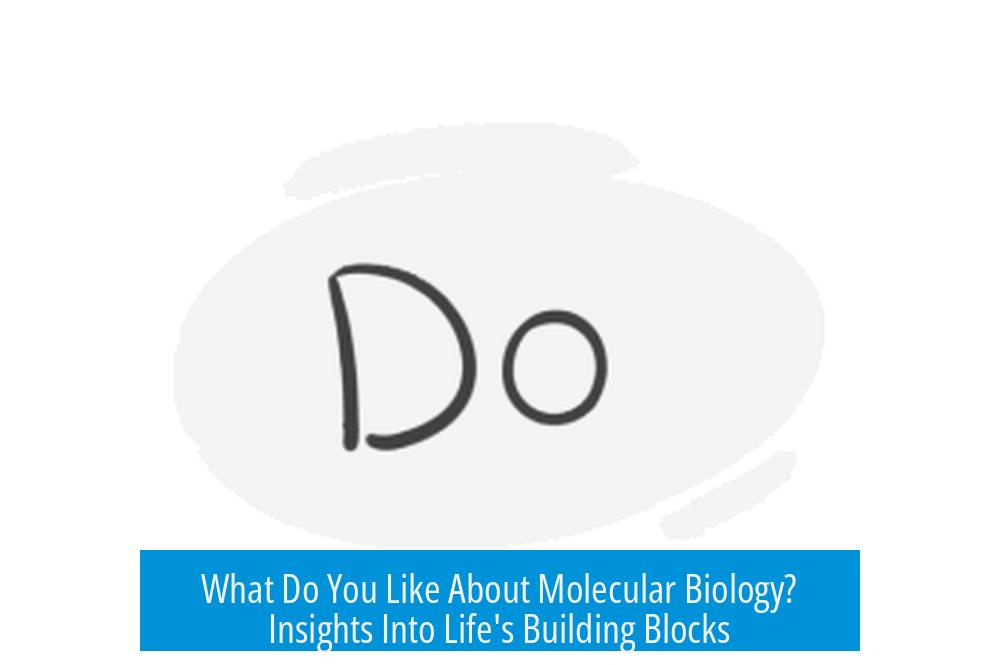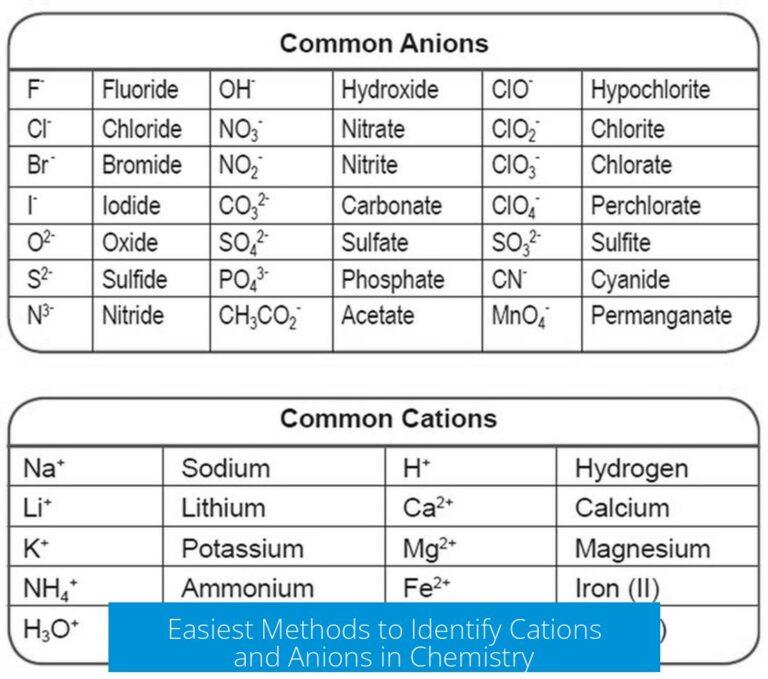What Do You Like About Molecular Biology?

Molecular biology captivates because it merges theory with practice, allowing researchers to manipulate life at the molecular level, solve complex puzzles, and directly impact medicine and biology.
Hands-On Creation and Cloning
Cloning appeals as an act of creation. Similar to building with Lego blocks, it offers a tangible way to produce something new. Performing cloning techniques feels rewarding when the experimental design succeeds, making the work concrete and satisfying.
Balancing Theory and Application
Molecular biology strikes a balance between abstract theory and real-world application. Unlike purely theoretical fields, it enables practical problem-solving within a research career. This balance fosters discoveries that can affect healthcare and biology directly.
Engagement Through Laboratory Techniques
Molecular biology labs introduce techniques such as recombinant DNA manipulation and gel electrophoresis. These hands-on experiences provide a tangible connection to the science, increasing interest beyond theoretical knowledge.
Intellectual Challenge and Curiosity

The field is intellectually demanding. Exploring unknowns and assembling pieces of a complex puzzle motivates many researchers. This puzzle-like nature attracts those who enjoy deep problem-solving.
Mentorship and Research Pathways
Mentors can significantly influence passion for molecular biology. Guidance from experienced professors often leads students into research careers, enhancing their trajectory in graduate studies and beyond.
Specialized Interest: Cancer Biology
Studying molecular aspects of cancer such as metastasis, tumor suppressors like p53, and oncogenes like ras highlights the field’s medical relevance. This subfield serves as a powerful example of molecular biology’s real-world impact.
Continuous Learning and Reading
Many enjoy molecular biology due to its evolving knowledge base. Reading foundational texts like Siddhartha Mukherjee’s The Emperor of All Maladies or Weinberg’s Cancer Biology reflects the constant learning involved.
Proteins as Biological Interface

Proteins, especially kinases, symbolize a critical dimension bridging atomic-level and organ-level biological understanding. They represent practical targets for disease treatment and research.
Transforming Life Through Small Changes
Molecular biology allows modification of organisms by altering small genetic instructions. This process evokes a sense of “magic” in controlling life’s building blocks to create significant changes.
Medical Impact and Societal Relevance
The medical applications of molecular biology influence diagnostics, therapy, and drug development. This direct benefit underlines the field’s importance in improving human health.
Key Takeaways
- Hands-on cloning offers creative satisfaction
- Balances theory with practical, applicable science
- Lab techniques provide engaging, tangible experiences
- Challenges motivate problem-solving and research
- Mentorship shapes academic and career directions
- Cancer biology exemplifies molecular biology’s impact
- Continuous reading fuels evolving expertise
- Proteins act as vital biological connectors
- Small genetic changes can transform organisms
- Medical relevance highlights societal value
What Do You Like About Molecular Biology? A Dive into the Magic of Life’s Blueprint
Molecular biology is like getting a backstage pass to the greatest show on Earth—life itself. It lets you tinker with the tiny components that make organisms tick. That’s the thrill. But what really draws people in? What keeps the molecular biology community buzzing and engrossed? Let’s unpack the unique facets that make this field a playground for curious minds.
Imagine being a kid with a box of Legos again. That’s cloning in molecular biology. You’re not just reading about life—you get to build pieces of it yourself. You start with tiny fragments of DNA and piece together something new. Like lego bricks snapping perfectly, your creation might even work. That hands-on creation ability is simultaneously empowering and thrilling. Say goodbye to frustration, and hello to your new DIY science project!
But molecular biology isn’t just about rolling up your sleeves and mixing chemicals. It strikes a rare balance between deep theory and direct application. Some sciences, like string theory, keep you in the realm of chalkboards and abstract math, far from everyday life. Others, like inventing that futuristic toaster delivering your toast without the wait, are purely practical but don’t challenge the brain in the same way. Then comes molecular biology—it offers theoretical puzzles you can test in the lab and apply to real-world issues within a career span. Pretty awesome, right?
The beauty lies in that blend of theory and practicality. Take protein kinases, for instance. These are no mere molecules. They act as gatekeepers, connecting the dots between microscopic atoms and full-fledged organs. They play a crucial role in processes like curing diseases by regulating cell behaviors. It’s like zooming in and out on biological action—from tiny dominoes to entire cascades. Understanding them feels like holding the key to a biological interface that matters profoundly for medicine.
If you’re more of a hands-on learner, you’ll love the lab experience. When you run gel electrophoresis or perform recombinant DNA techniques, science stops being dry facts and becomes a tangible, tactile adventure. First-time lab-goers often recall that pivotal moment when molecular biology transformed from textbook theory into colorful, glowing bands on a gel—a direct window into life’s code. That initial wow moment cements a lifelong passion.
Of course, tackling molecular biology means embracing challenge. This field is a puzzle with so many missing pieces. Every new discovery is like finding a piece that helps complete an immense, intricate jigsaw. For puzzle lovers, every experiment, every failed attempt, and every breakthrough is intellectually satisfying. It’s a lifetime game of “What if?” and “Why not?”
Molecular biology also has that element of magic. Changing an entire organism by tweaking small, tiny parts of its genetic instructions sounds like pure wizardry. But it’s real science. Whether you’re correcting a mutation or switching on a gene, these minuscule edits can cascade into huge effects, rippling through tissues and organs. It’s awe-inspiring to think that life hinges on such subtle mechanisms.
Many are drawn toward specific subfields, like cancer biology. Some might start with a course on cancer basics—learning about metastasis, or key proteins such as p53 and ras—and then realize they’re squarely in the molecule-manipulating heartland of molecular biology. For these learners, molecular biology offers a gateway to understanding deadly diseases and potentially curing them. Who wouldn’t want a front-row seat in that fight, armed with knowledge and tools?
Mentorship plays a huge role here, too. Many people don’t stumble upon the magic of molecular biology alone. A passionate professor or mentor often lights the way. Those transformative guides encourage students to pursue research, to keep digging, and sometimes become lifelong friends. Their enthusiasm is contagious, which means your journey isn’t solitary—it’s a shared quest.
Reading and continuous learning are a must. Books like Siddhartha Mukherjee’s “The Emperor of All Maladies” or Robert Weinberg’s “Cancer Biology” textbook fuel curiosity and deepen understanding. These aren’t just textbooks; they’re stories and explorations that connect facts to life-changing impact. Once you start, it’s hard to stop because every chapter uncovers more mysteries.
We must not forget molecular biology’s huge medical impact. It’s not just academic—it saves lives. From developing new therapies to diagnostic tools, molecular biology moves medicine forward. We’re talking about practical, real-world benefits that affect millions. The science touches daily life profoundly, whether it’s gene editing in medicine or understanding immune responses to cancer.
So, what do I like about molecular biology? It’s a perfect blend of magic and mechanics, puzzles and practicalities. It offers that rare chance to build something new, challenge your intellect, and make a tangible difference in the world. Whether you’re fascinated by cloning, curious about diseases, or captivated by the molecular dance inside cells, molecular biology welcomes you with open arms and a test tube. Ready to join the adventure?
What aspects of molecular biology make cloning enjoyable?
Cloning allows you to build biological constructs like assembling Lego pieces. You create something tangible and functional from scratch, offering a satisfying hands-on experience.
How does molecular biology balance theory and practical application?
Molecular biology mixes theoretical ideas with practical experiments. It lets you test hypotheses and solve real-world problems within your career, unlike purely theoretical or purely practical fields.
Why do people find lab work in molecular biology appealing?
Lab techniques like gel electrophoresis and recombinant DNA methods provide concrete results. Many prefer these tangible activities over abstract theory, making the learning process more engaging.
What role does mentorship play in pursuing molecular biology research?
A mentor can inspire and guide your research path. Strong mentorship often leads to graduate studies and deeper involvement in the field.
Why is cancer biology interesting within molecular biology?
Cancer biology explores molecular mechanisms like metastasis and key genes such as p53. This subfield connects molecular processes directly to disease, which many find compelling.
How does molecular biology contribute to medical progress?
By understanding proteins and genetic instructions, molecular biology helps develop treatments for diseases. Small molecular changes can have large effects on organism health.





Leave a Comment